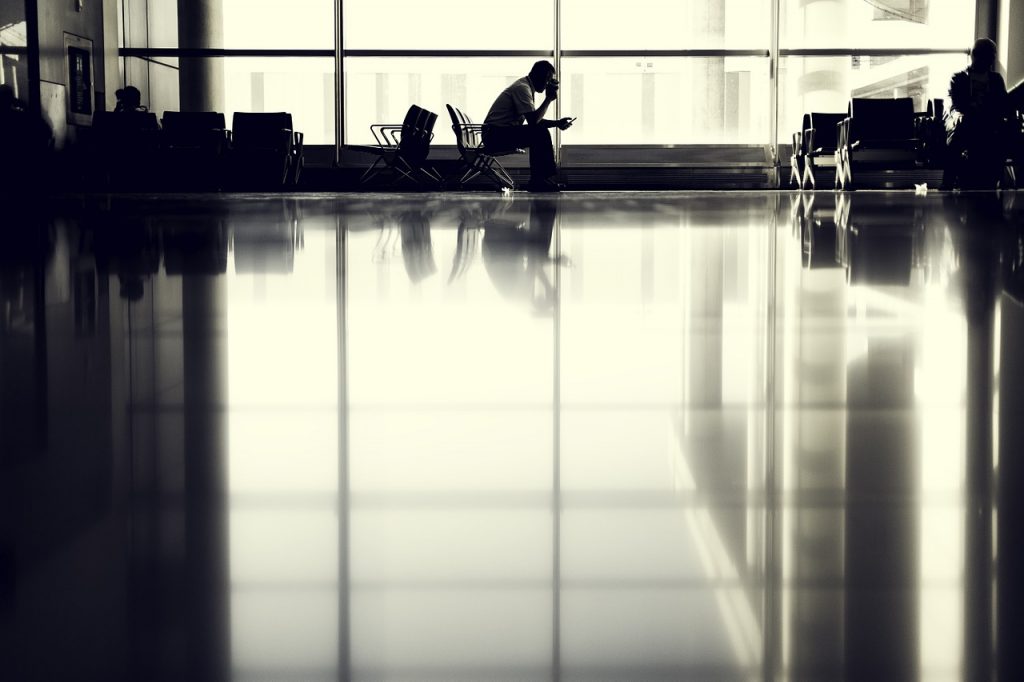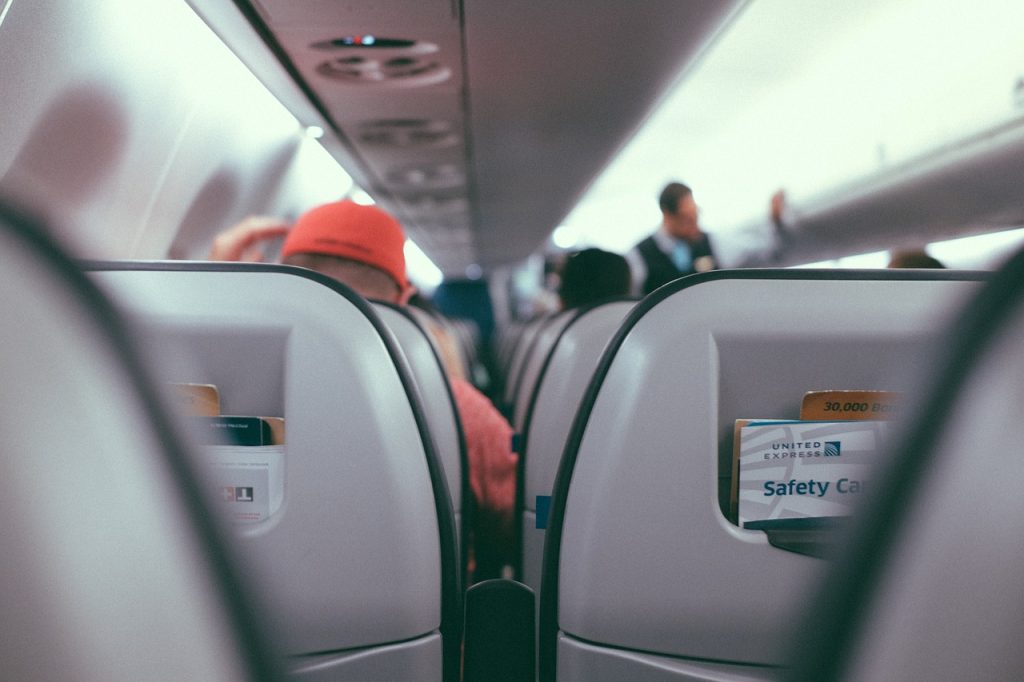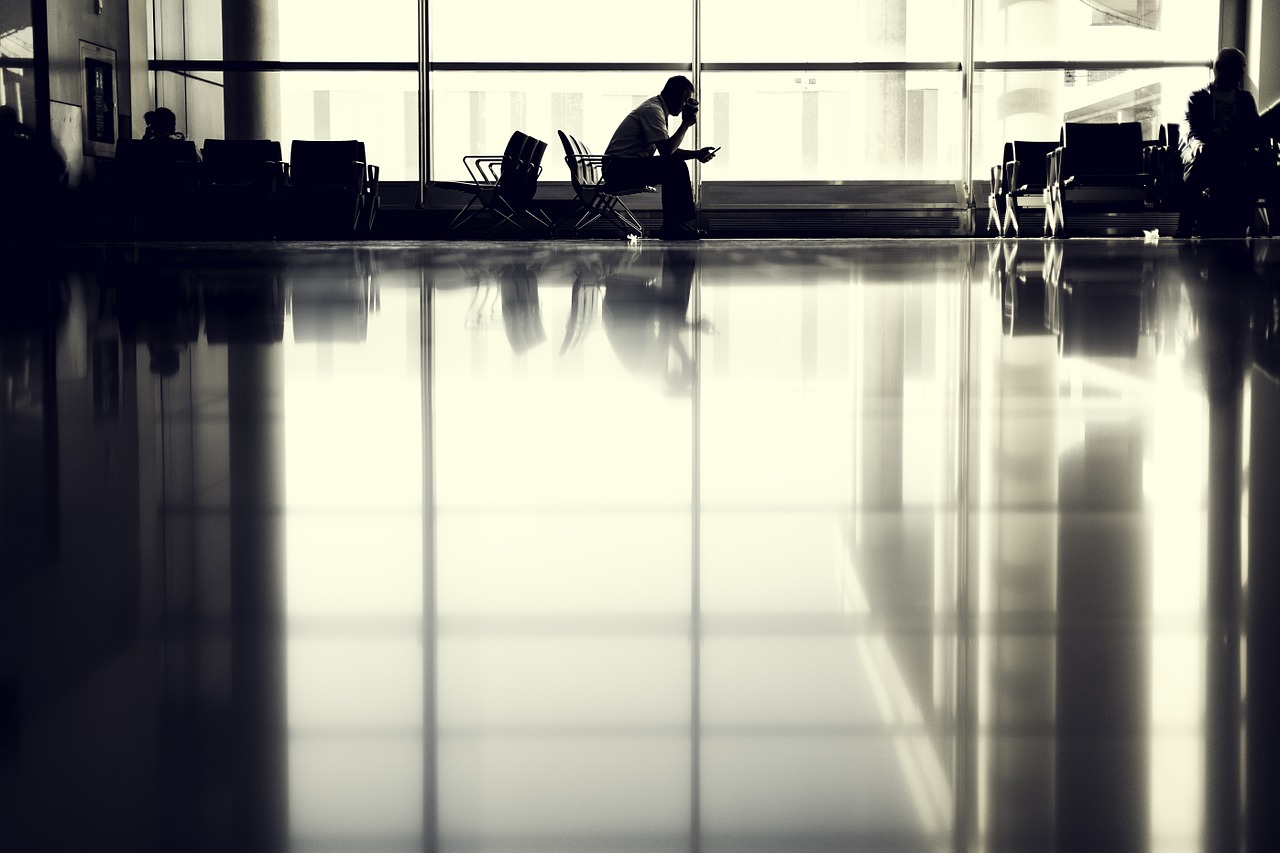Being vomited on, broken luggage and people dying on your flight have all been voted as extreme travel nightmares.

From cancelled flights and natural disasters to frantic, last-minute searches for accommodations, it can cost the average traveller at least $570 (£444.70)– and upwards of $4,198 (£3276)– when things go wrong on an airline trip, according to new research.
In fact, from being the victim of pickpocketing to cancelled flights, being vomited on by a child or even seeing a fellow passenger die in flight, as many as a third (35 per cent) have experienced what they deem a “travel nightmare,” in which seemingly every part of the trip went wrong.
And when those “nightmare trips” do occur, not only is there a wide range in potential costs, there’s also a high risk of the whole vacation being ruined – half of the respondents who experienced a nightmare said it completely ruined the rest of the trip.
Although many have thankfully never experienced a nightmarish scenario, the study of the travel experiences of 2,000 Americans found that the majority of travellers (59 per cent) report having been on a trip where things really didn’t go as planned.
And it doesn’t have to be a big thing going wrong for traveller comfort and enjoyment while travelling to decline severely. One in six respondents rate themselves “extremely disappointed” even when they don’t get their preferred seat on the plane, with the majority preferring the window seat.
Commissioned by AIG Travel, a global leader in travel insurance and assistance solutions, and conducted by OnePoll, the survey also examined modern travel etiquette on flights and revealed America’s top 10 most commonly experienced traveller faux pas.
The behaviour that passengers find most aggravating is when the person in front of them reclines his or her seat (65 per cent), followed by having their seat kicked by the person behind them (57 per cent).
Also making the top five were travelling with a disruptive baby or child (54 per cent), hogging both armrests (53 per cent) and people who talk loudly on the flight (49 per cent).
While travellers can’t always do something about other passengers’ behaviour, there are ways they can help their own trip go smoothly – or at least be prepared if something doesn’t go according to plan.
To combat potential “travel nightmares,” 60 per cent of travellers make sure to arrive at the airport with plenty of time before their flight, 55 per cent print out all confirmation emails and 39 per cent call hotels and airlines to double-check their reservations.

Surprisingly, though, 74 per cent of travellers have taken the risk and flown without travel insurance.
“We don’t like to think about the things that can go wrong when travelling, and while travel insurance can’t stop someone from kicking the back of your seat, it’s designed to help protect from unforeseen, potentially ruinous events,” said Jeff Rutledge, AIG Travel CEO. “When coupled with 24/7 assistance services, it can also improve the overall travel experience.”
A quarter of travellers find the most difficult part of travelling to be navigating the airport and the security screening process, while 23 per cent say the flights – including any transfers and layovers – are the worst part.
Seven in 10 travellers have experienced a delayed flight, while 44 per cent have had their checked bags delayed and 40 per cent have had a cancelled flight.
“Travel insurance is specifically designed to provide financial protection in these situations – lost or stolen luggage, flight delays or even emergency medical issues,” Rutledge said. “However, even if a claim isn’t made, our Travel Guard plans offer comprehensive assistance for anything from event ticketing to restaurant recommendations, finding a local translator abroad or sending souvenirs home.”
Unfortunately, travel insurance doesn’t protect your seat – and 23 per cent of respondents admit to trying to take a seat that isn’t theirs, with those who want middle seats the most likely to do so.
The survey was conducted online from Aug. 10 to Aug. 28, 2018, by OnePoll with a sample of 2,000 American adults (aged 18 and older) who have travelled by plane. The research was commissioned by AIG Travel.
10 OF THE MOST EXTREME “TRAVEL NIGHTMARES”
- Having a man die one row over on the plane
- Passengers joked about a bomb threat on the plane, delaying the flight
- Being choked by another passenger
- Three emergency landings before arrival at the destination
- Rerouted when almost there after being struck by lightning
- Being vomited on by a child
- Breaking a foot after getting tangled in a suitcase strap
- Spending five nights in an airport because hotel accommodations fell through
- Flying in a thunderstorm and being asked to get in crash position for the landing
- Getting robbed/pickpocketed
AVERAGE COST WHEN EVERYTHING GOES WRONG ON A FLIGHT
(Based on dollar figures given by 2,000 respondents.)
Missed flights $570 (£444)
Lost luggage $582.14 (£454)
Medical situations $568.74 (£443)
New accommodations $591.77 (£461)
Lost or stolen passport/wallet $571.04 (£445)
Natural disaster $638.30 (£498)
CaCancelledlights $676.05 (£528)
Total: $4,198 (£3276)



